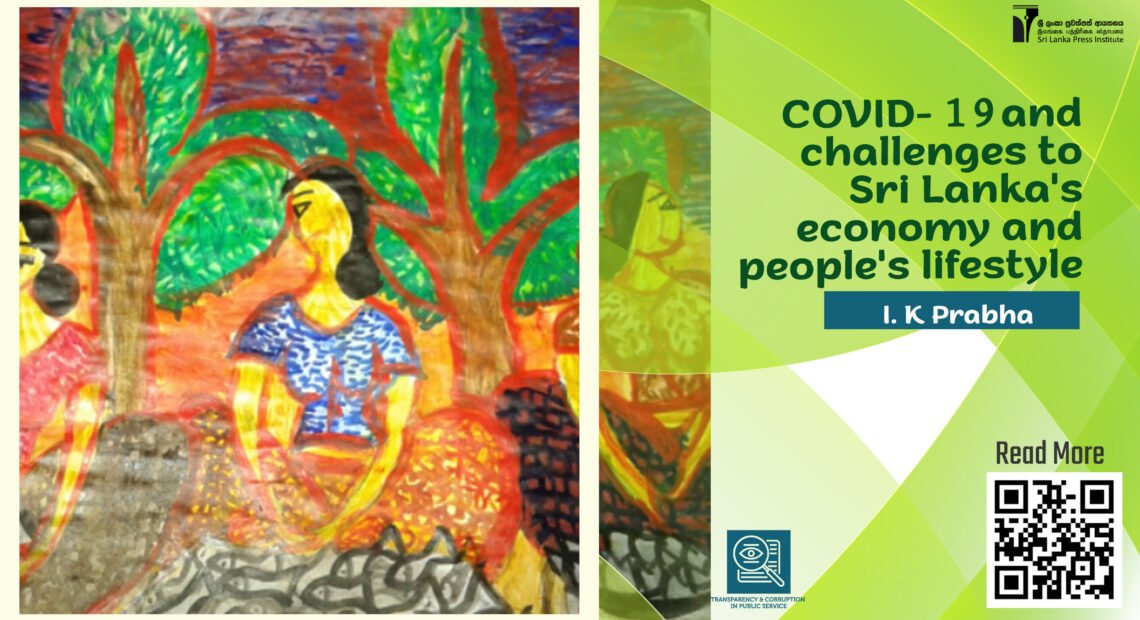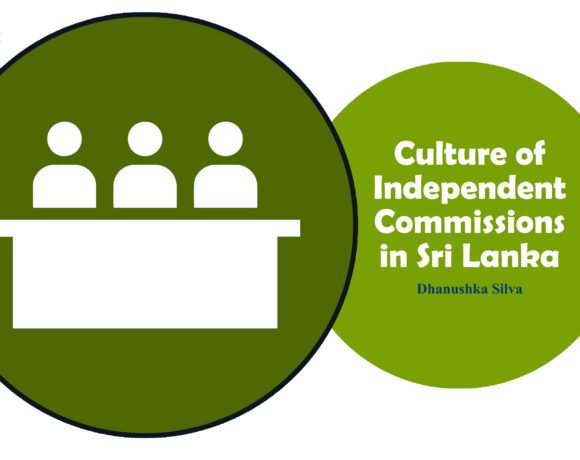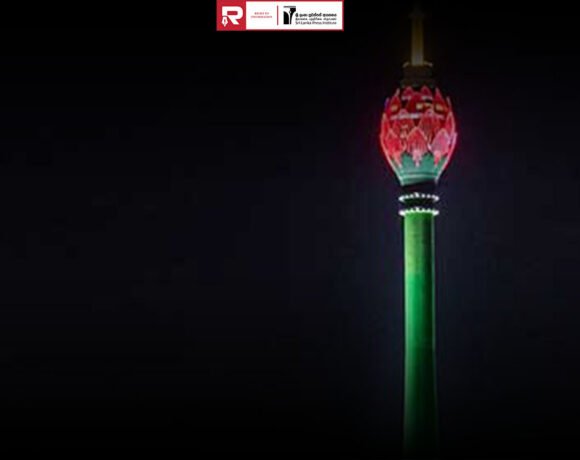
Covid-19: Challenging Sri Lanka’s Economy and People’s Lives
Written by – I. K. Prabha
Various conflicting views have arisen regarding measures being taken by the government to save the lives of the people amidst Covid-19 epidemic. Is there a systematic program to procure essential items for everyday life? Has the government introduced a correct methodology for home quarantine? Is there a proper plan to take actions for the Covid patients dying at home? If so, how transparent is it? These challenges of reporting information have been the subject of discussion on social media recently. In such cases, the government is responsible for the health and safety of citizens, especially by providing social services such as education, healthcare, transportation, security, urban and rural infrastructure.
After lifting the curfew and also during the curfew period, there are several doubts as to whether the government will implement a proper system to meet the daily needs of the people such as food, medicine and other necessities. Not all Sri Lankans have internet literacy or the financial ability to order food and drink through online platforms to meet their needs. In this sense, the government’s policy decisions to reduce money supply, interest rates and taxes in order to boost private investments have both direct and indirect impacts. In this process, political arbitrage, lack of adequate political discipline, impractical political decisions and lack of a high-level tax policy are considered predominating facts. About 20% of the total import expenditure of the country is spent on food imports.
SOURCE: https://divaina.com/daily/index.php/visheshanga3/49249-2020-10-21-13-49-4
What foods can be produced locally? In the meantime, can food imports be stopped or reduced? These are problems we encounter. Proposals and plans to encourage home gardening and agriculture as a solution to the food crisis must be implemented expeditiously. In the current situation, more attention should be paid to self-sufficiency in local food. The Central Bank of Sri Lanka predicts that Sri Lanka’s economic growth will be more negative due to the effects of Coronavirus. To counteract this, the country’s industrial and agricultural sectors have suffered a major setback. In such a situation, the government should plan ahead on how to intervene to revive the Sri Lankan economy, which is plagued by the Coronavirus.
At the same time, the government has the primary responsibility of providing healthcare. The Health Promotion Bureau of the Ministry of Health has introduced information leaflets to make the public aware of what is home quarantine to ensure public health, how long should home quarantine last, the significance of home quarantine and what rules you should follow at home when quarantining. The Chief Epidemiologist of the Ministry of Health, Dr Sudath Samaraweera told the media that the Ministry of Health has commenced investigations into the Covid deaths that happened in homes despite the use of home quarantine methods. Since the emergence of the Brandix cluster in Minuwangoda on October 3rd, health analysts point out that about 15 of the deaths occurred indoors. He said that while some people were quarantining themselves in their homes, others were staying in isolated areas.
● Adults
● People with respiratory problems
● Diabetes
● People with chronic diseases such as heart disease
● People with complications
● Those who hid their illnesses out of fear
● People who do not recognize their illnesses
( https://www.bbc.com/sinhala/sri-lanka-51879125 )
“There have been various reports on social media and other major media outlets in the past about deaths in homes and on the streets. When it comes to why people who are at a certain risk die like this, especially those with weakened immune systems and older people, are more likely to die suddenly. People with heart disease or other heavy physical disorders die of Covid-19, and also people with Covid-19 infection die of multiple organ failure at once. This can only be confirmed accurately after an autopsy. About 600 to 700 people with various side effects also die and the majority of those who die of heart disease die due to receiving low amounts of treatments properly. A soldier from Dambulla was killed when no one came forward to help those in fear due to the Covid epidemic”, stated Ayurvedic doctor Danister L. Perera.
Furthermore, people have resorted to experiment with domestic remedies without revealing their state of the infection in fear of what the media reports and circulates about Covid infections. The Covid-19 virus has also been linked either directly or indirectly to related deaths from pneumonia or exacerbation of other conditions. A 68-year-old woman living on Jampatta Street, Colombo has contracted the Coronavirus and died at home on 03rd November. The Government Intelligence Department said a member of her family is infected with Corona. According to the statement announced, the immediate cause of her death was pneumonia.
Some people have even committed suicide out of fear of contracting the virus. However, this could have been avoided by restricting going outside, staying at home or going to a hospital for medical treatments if you have any illness or discomfort. The Ministry of Health states that they have received a number of complaints regarding hospitals refusing to treat patients and hospitals that divert patients, and that such an incident was reported from the Avissawella Base Hospital. Furthermore, with the rapid prevalence of the Corona pandemic in Sri Lanka, the inability to expand our healthcare sector to cope with that situation could lead to a severe crisis in the future, which could in turn lead to a significant increase in future Corona deaths, Government Medical Officers’ Association warns.
It is undisputed that the employing community such as free trade zone workers, fishermen, people who live in urban estates and apartments are considered to be the most vigilant communities that are more exposed to the pandemic. The virus has already spread to several areas, including free trade zones and ports, and has spread to the fishing community and Colombo urban estates as well.
The next target here may be the estate community. It is the responsibility of all to protect them from this virus and the government should make special arrangements for it. However, the Estate Superintendents are of the opinion that the majority of the people in estate areas are engaged in employment within or near the Western Province, and they have now started migrating to the estate areas in large numbers.
Due to the small territory, it is difficult to achieve the desired results in the same way. As a country with tropical weather, the impact of the pandemic on Sri Lanka may be different from that of developed countries. In this way, domestic deaths should be investigated whether there are epidemiological or health reasons caused for the deaths. Accurate data and information on domestic quarantine methods should be transparently reported through both traditional and new media. The food and beverage supply chain for the people to live on must be expanded. People have a right to know the reality and facts in regard to anything. When the general public feels that the government is pursuing specific objectives and policies for our country in relation to the above issues, the government will be able to gain citizens’ confidence as well as maximum support.








